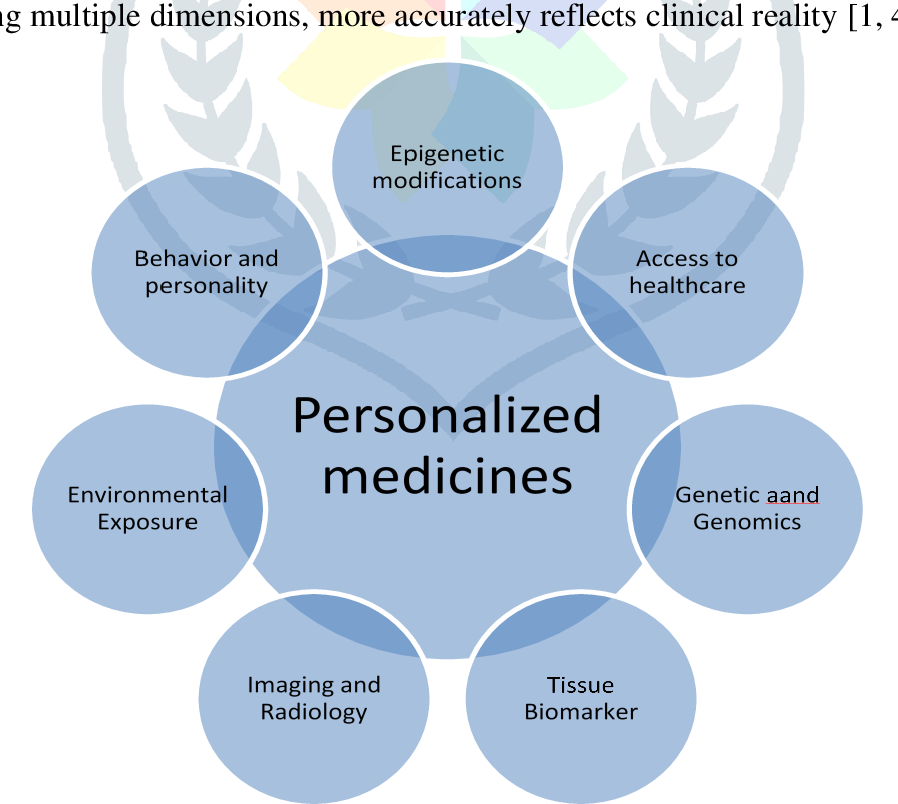
AI’s Transformative Role in Healthcare: Precision Medicine and Personalized TreatmentsAI’s Transformative Role in Healthcare: Precision Medicine and Personalized Treatments The advent of artificial intelligence (AI) has revolutionized the healthcare industry, transforming patient care through its ability to analyze vast amounts of data and provide personalized insights. AI’s transformative role is particularly evident in the field of precision medicine, which aims to tailor treatments to individual patients based on their unique genetic and molecular profiles. Precision Medicine: Unlocking Genetic Insights AI empowers precision medicine by enabling the analysis of vast genomic data. By leveraging machine learning algorithms, AI systems can identify patterns and associations within complex genetic information that are often invisible to the human eye. These insights can help clinicians identify individuals at high risk for specific diseases and guide personalized treatment decisions. For instance, AI can analyze a patient’s tumor DNA to determine the specific genetic mutations driving its growth. This information can lead to the selection of targeted therapies that are more likely to be effective, increasing treatment efficacy and reducing side effects. Personalized Treatments: Tailored to Individual Needs AI’s capabilities extend beyond genomic analysis to encompass the analysis of a wide range of patient data, including medical history, environmental factors, and lifestyle choices. By integrating these diverse data sources, AI can create personalized treatment plans that are tailored to the specific needs of each individual. For example, AI systems can develop personalized dosage recommendations for medications, taking into account a patient’s weight, age, and genetic factors. This can optimize drug efficacy while minimizing adverse reactions. Improved Diagnosis and Prediction AI also enhances the accuracy of medical diagnoses and predictions. By analyzing vast databases of medical images, AI systems can identify subtle patterns that may be missed by human radiologists, leading to earlier and more accurate diagnoses. Additionally, AI can predict the likelihood of a patient developing a disease based on their risk factors, allowing for proactive interventions and preventive measures. Benefits for Patients and Healthcare Systems The transformative role of AI in healthcare has far-reaching benefits for both patients and healthcare systems: * Improved outcomes: Personalized treatments tailored to individual needs enhance treatment efficacy and reduce side effects. * Reduced healthcare costs: AI-enabled precision medicine can identify and target high-risk individuals, leading to early interventions that can prevent costly chronic diseases. * Enhanced patient engagement: AI systems can provide personalized health recommendations and support, empowering patients to become active participants in their own healthcare. Challenges and Future Directions While AI’s potential in healthcare is immense, there are challenges to address: * Data privacy and security: Ensuring the privacy and security of sensitive patient data is crucial for the ethical use of AI in healthcare. * Algorithm bias: AI systems must be developed and validated without bias to ensure fair and equitable outcomes for all patients. * Integration in healthcare systems: Seamless integration of AI tools into clinical workflows is essential for widespread adoption and impact. As these challenges are addressed, AI will continue to deepen its transformative role in healthcare, leading to even greater improvements in precision medicine, personalized treatments, and patient outcomes.
Posted inNews